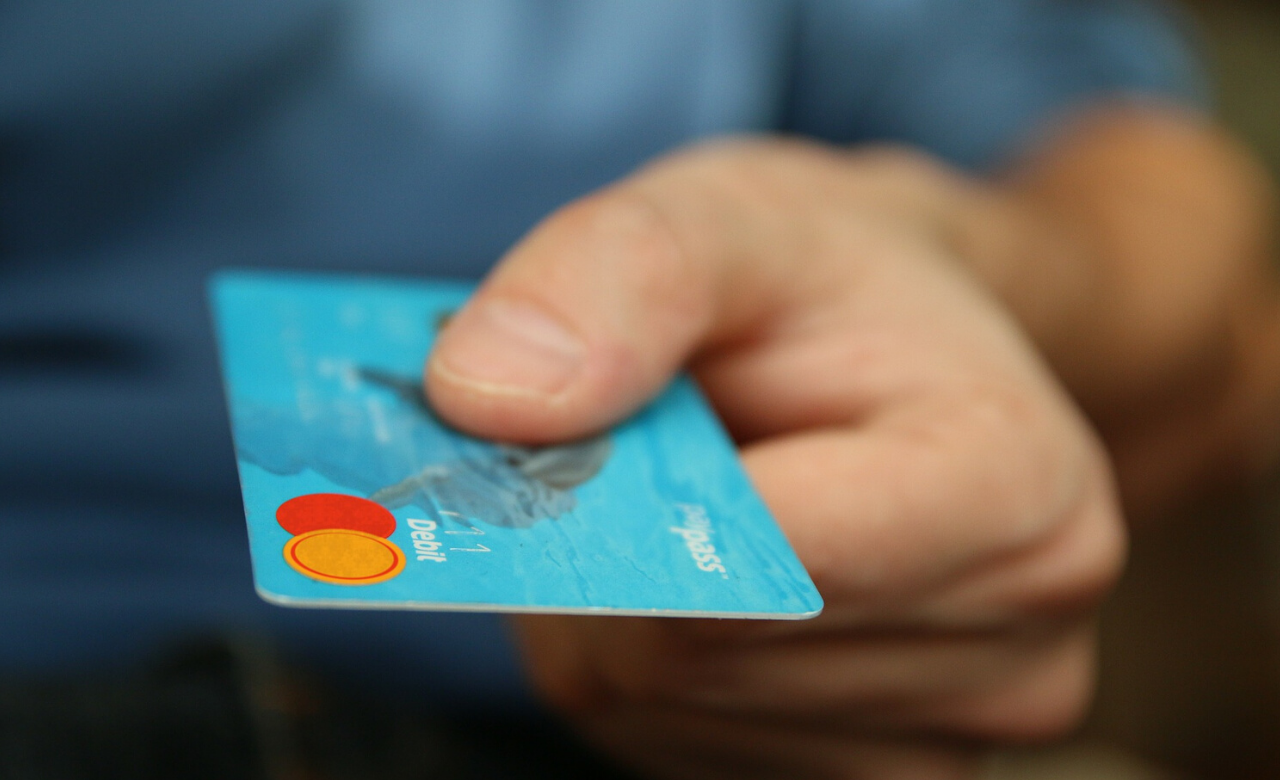From everyday buys to travel expenses, credit cards have definitely become a staple in everyday life. Depending on the type of card that we have, we do the best we can to maximize the perks and benefits that we can get out of them, all while building good credit.
Most of the credit card musts like paying the bill on time and calling the company if our cards get lost we already know and practice to the dot; however, there are still some habits we keep doing that isn’t exactly the for the best.
Here are five habits to take off your credit card routine:
Thinking keeping a balance will earn you good credit.
According to a survey from NerdWallet, around fifty percent of Americans have no clue that keeping a balance on their credit card isn’t actually beneficial to maintaining good credit reports.
The truth is that when you keep a balance, all you do is hand over your earnings to interest payments. Instead of this totally avoidable extra spending, the better option would be to pay your balance in full each month if you can. Keep in mind that the fact that the credit card is in your name already means you are building credit. It’s not at all dependent on keeping a balance!
Reaching the credit limit.
Surprisingly, eighty percent of Americans don’t know that unsettled balances in your credit card can contribute to bad credit, according to a survey done by Bankrate. This can’t be stressed enough: maxing out your credit card is bad.
Your utilization ratio, or the rate that measures your spending capacity against the credit given to you, is the root of this. Ultimately, credit card companies need to see that you’re not going to overspend just because you can conveniently do it. They need to be assured that you’re intending to pay them back eventually.
It’s always a good idea to keep your balance under thirty percent of your credit limit. For example, if your limit is $5,000, then you shouldn’t spend all of $5,000 using the card even if you can afford to pay it. Instead, use only $1,500 of your credit.

Blindly accepting annual fees.
Okay, maybe the benefits and rewards of cards with annual fees attached to them are better. In fact, some cards – like airline cards – can’t even be availed without the yearly cost. Still, before you jump out of your seat for the next credit card with the hottest perks, stop and think for a minute. Is the mandatory extra spend each year really worth it after all?
Let’s look at the American Airlines card that has an annual fee of $95. Let’s look at your typical flying schedule. Do you fly regularly and need to check in your luggage each time? If you take at least two trips in a year, then sure – the $95 is worth it from just the free checked bags.
Despite this, other cards might not be as straightforward. The more cards you own, for example, the harder it is to juggle between and in the end substantiate the extra cost of an annual fee. Discover and Chase Freedom, though, are some options for those who are looking at getting credit cards that offer perks and benefits but won’t charge extra.
Overlooking accumulated rewards.
NerdWallet’s research recently showed that twenty percent of people with credit cards don’t even avail of the rewards that they have earned from charging. Sometimes we forget about the points we accumulate with card use because they seem small up front, but they add up. Why keep a rewards card if you never use the rewards anyway? Go on. It only takes a minute for you to apply them to your next statement.

Cutting off unused cards.
When you open your wallet and see some cards that are more of just a waste of space than an extension of cash, it’s pretty reasonable to want to throw them out. Before you do this, though, give it a little more thought first.
Did you know that when you close a credit card even if you don’t use it anymore, it will add to bad credit? It hurts your utilization ratio because you’re lessening the credit that you are allowed to use. At the same time, it also hurts 15% of your credit score which is made up of the time you own the card.
If you really want the wallet space, though, it’s best to keep the unused cards tucked away in your closet. Maybe you can bring them out for a fancy dinner to celebrate or a little token for yourself just so you avoid closure due to disuse.
Based on Materials from Forbes
Photo Credits:
jarmoluk / Pixabay
Two Paddles Axe and Leatherwork/ Unsplash
Benjamin Smith/ Pixabay

